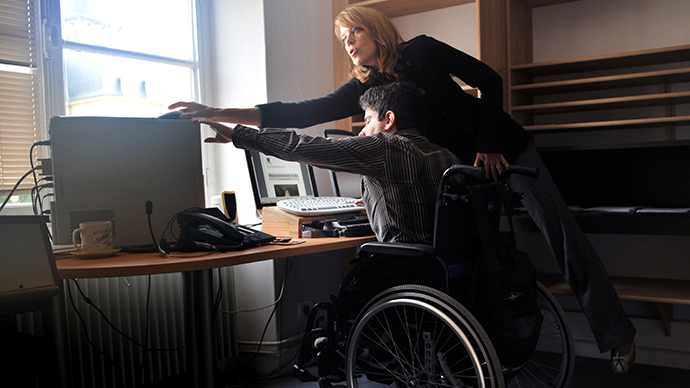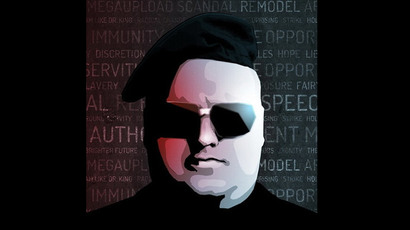UK copyright amendment OKs DVD ripping for disabled

Disabled people are now allowed to copy MP3s, CDs and DVDs if there is no commercial alternative. The change is part of broader legislation that eases copyright law with a view to bringing 250 million pounds to the UK economy over the next decade.
The act of copying DVDs, MP3s and CDs is still a crime in the
United Kingdom, although a survey by Consumer Focus in 2009
showed 59 percent of the population thought it was perfectly
legal.
A new set of reforms seeks to streamline the UK’s
copyright legal framework, “removing the burden of
unnecessary regulations and helping the UK better preserve and
use copyright material.”
“These changes bring an end to many instances where people
carrying out minor, reasonable acts of copying could have found
themselves on the wrong side of the law,” Intellectual
Property Minister Lord Younger said in a statement.
The first revision is titled the Copyright and Rights in
Performances (Disability) Regulations 2014 which will see the
disabled make legal copies of materials in different formats,
such as MP3s, CDs and DVDs for personal use.
“You will be permitted to make personal copies to any device
that you own, or a personal online storage medium, such as a
private cloud. However, it will be illegal to give other people
access to the copies you have made,” UK's Intellectual
Property Office explains.
The Copyright and Rights in Performances (Research, Education,
Libraries and Archives) Regulations 2014 is the second amendment
that London has introduced starting June 1. Under this scheme, UK
libraries are now free to scan materials and distribute them to
their members via digital collections. Researchers are now also
able to make copies of the materials for non-commercial research.
Finally, the Copyright (Public Administration) Regulations 2014
allows public offices to publish their material in an effort to
make it easier for people to stay abreast of public relations
without the need to attend council offices to read materials.
To educate the public about the copyright law changes in the
country, the government has published a series of guides to the
new regulations.














